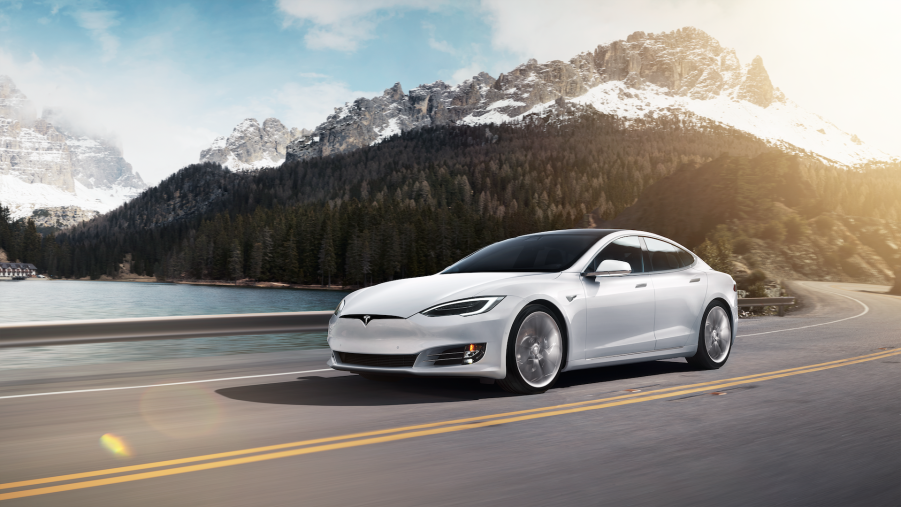
You Can Save More With an Electric Vehicle Over a Gas-Powered One Says Consumer Reports
The electric vehicle market has snowballed over the last years as buyers strive to become more eco-friendly. While electrified cars have numerous benefits, many drivers still aren’t sold on making a move from gas to electric. Although, new data regarding the electric vehicle cost vs. gas debate could inspire you to get an EV.
New data shows that electric vehicles provide significant savings

Thanks to innovative brands like Tesla, experts say that gas-powered cars will be phased out sooner rather than later. But as you are probably already aware, not as many drivers favor going electric just yet. What seems to deter people from getting an EV is the higher sticker price.
As Consumer Reports highlights, an EV can cost about 10 percent to 40 percent more than its traditional gas-driven counterparts. However, CR’s new data also shows that going electric is definitely worth considering. For starters, CR found that EVs present numerous advantages over gas-powered ones, even including factors such as purchase price.
CR’s study showcases that an EV can save you $4,700 or more within the first seven years regarding fuel savings. Additionally, buying an EV can save you $6,000 to $10,000 in total ownership costs. . CR says that the exact number of savings is determined by the price difference between the EV and gas-powered car you’re considering.
What else CR found
Potential fuel savings is one of the most popular reasons to go electric. Unsurprisingly, fuel savings vary based on the size of the model you pick. For example, those who opt for an electric pickup could save $15K in total fuel costs; those with electric sedans could save around $9K.
CR’s study also found that maintenance costs for an EV are significantly lower than a gas car. Gas-vehicles need routine fluid changes, which makes them more complex, CR states. Over the lifetime of an EV, you could pocket an extra $4,600. What really comes to play here is the gas and electricity prices based on the region you’re in.
Furthermore, being able to charge your vehicle at home contributes to additional savings as well. In most cases, recharging your EV at home would be cheaper than using a public charging station. CR analysts shared that EVs with a 250-mile range are “best suited” for saving money.
Depreciation is on your side too

Like gas-driven cars, EVs will lose their value over time. Even so, CR’s data also indicates that long-range EVs can hold their value better than its gas-powered competition. Vehicle category, amenities, and brand reputation slow an EV’s depreciation rates.
“No matter how you look at it, the massive lifetime savings potential of EVs could be a game changer for consumers,” says Chris Harto, CR’s senior policy analyst for transportation and energy, and the leader of the study. “As battery prices and technology improve, prices come down, and more attractive models hit the market, it’s only going to get better.”
Consumer Reports (2020)


